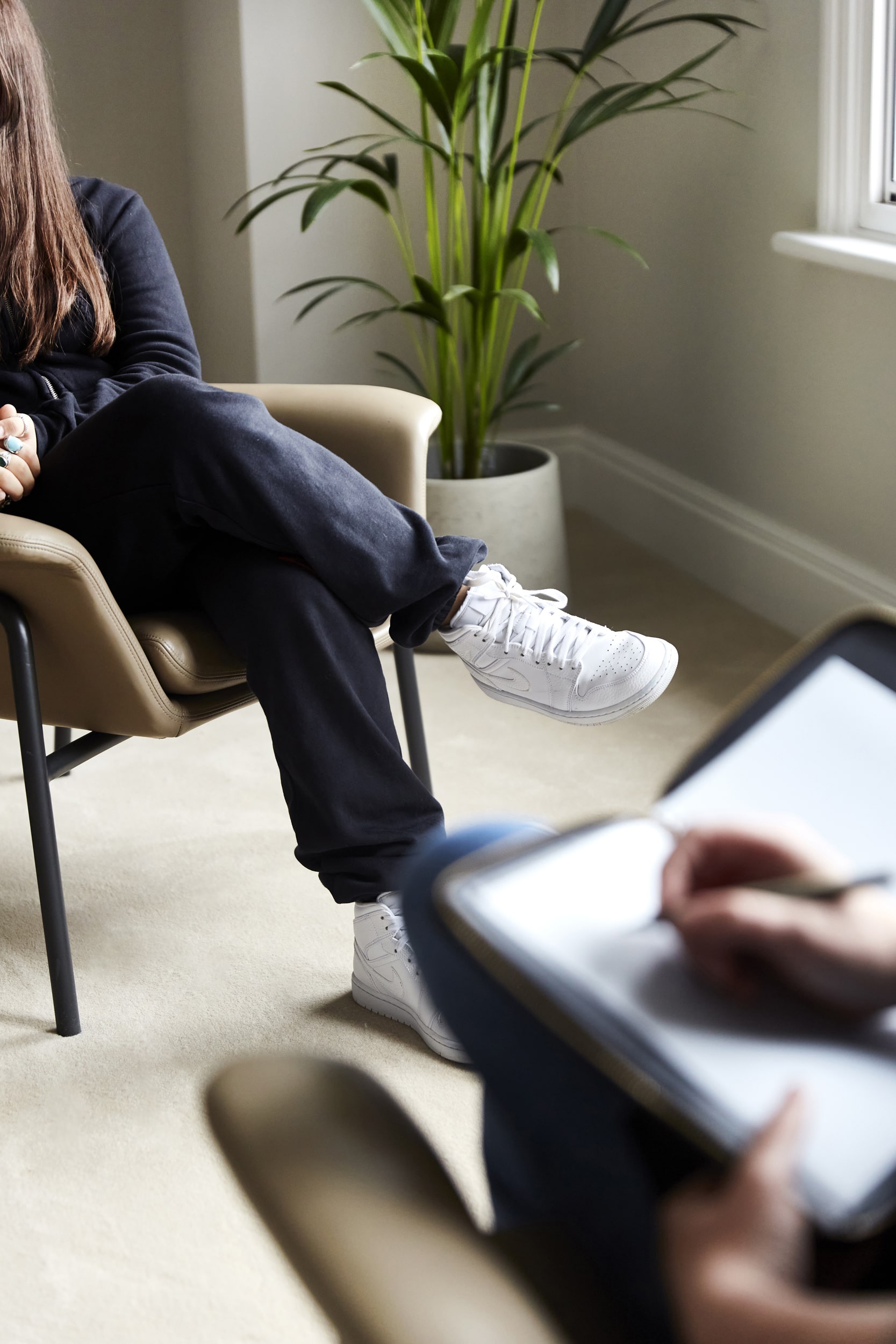What does an educational psychologist do?
Educational psychologists support children and young people – and those who care for them – to overcome any barriers that hold them back from reaching their potential. Their focus is on helping children learn more effectively and to provide strategies for parents and teachers to use in a way that will best support your child.
We offer educational psychology assessments for children and adolescents up to 26 years old.

Who can benefit from an educational psychologist assessment?
If you have any of the following concerns about your child, it may be worth considering an educational psychologist assessment:
- Cognitive capacity
- Developmental delays
- Academic achievement or learning abilities
- Social, emotional and/or behavioural functioning
- Speech and language development
- Gross, fine or graphomotor skills
- Relationships with peers, family and/or authority
- Other areas of neurodevelopmental functioning

Educational psychologist assessment - what to expect
During the assessment stage, your educational psychologist will first meet with you to talk about your concerns and gather as much information as we can about your child. After this, we will then have sessions with your child one-on-one where we will carry out the appropriate psychometric tests. In some cases, we will also be in touch with teachers via rating scales, school observations and over the phone.
There will then be a feedback session where your educational psychologist will provide you with a detailed report and talk through their findings. The report will include diagnostic impressions alongside their recommendations for treatment and support going forward.
Meet our team of Educational Psychologists – Meet our team of Educational Psychologists – Jodi Gomez, Louisa Reynolds, Joanna Parry and Razeenah Mahomed.
Frequently asked questions
How old does my child need to be in order to have an educational assessment?
Our educational psychologist can provide an assessment for children between the ages of 6 and 26 years old. If your child is below the age of 6, please contact the clinic directly as, in most cases, we will be able to source a psychologist who specialises in developmental assessments.
How do I know if my child needs an educational assessment vs. neurodevelopmental assessment?
My child has already had an assessment elsewhere - can I get a second opinion?
If your child has been assessed in the last 2 years, we recommend contacting the person who first carried around the assessment. Within this timeframe, another assessment is likely to provide the same results. Likewise, if you are over the age of 26, we also suggest going back to the person who initially carried out your assessment. If you would like to move forward with us, please be aware that Dr Jodi Gomez will need to provide a completely new assessment from the beginning.